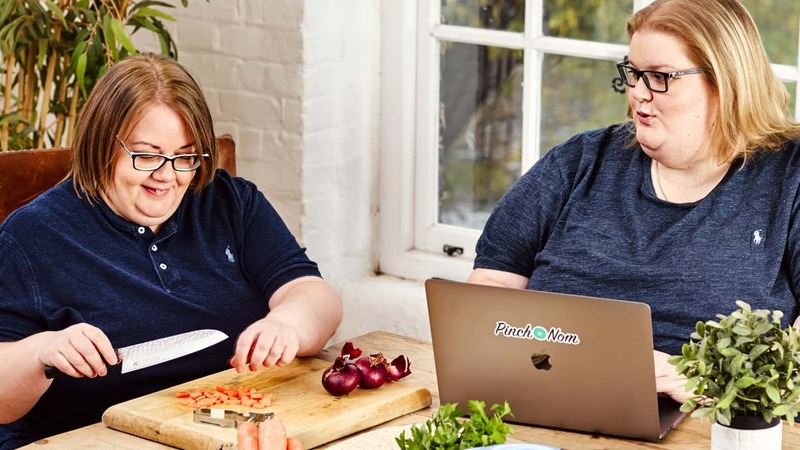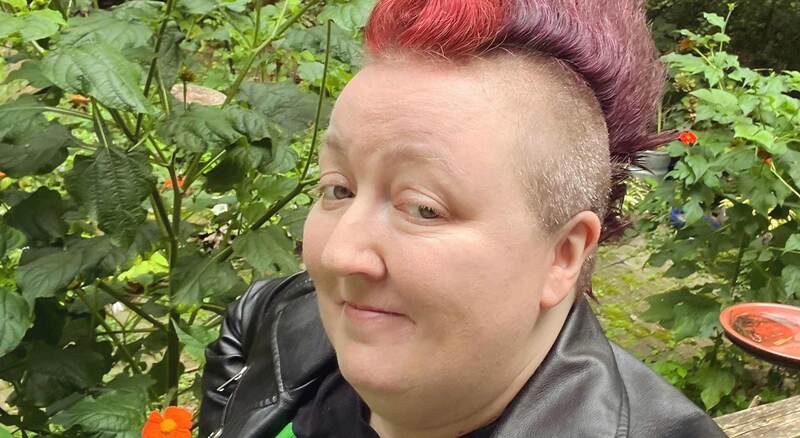You are viewing your 1 free article this month. Login to read more articles.
Linda Fairstein: The prosecutor's case
American crime writer Linda Fairstein had a high-profile public career long before she picked up her pen: as an Assistant District Attorney in Manhattan, she headed the district's sex crimes unit and prosecuted a number of notorious cases, including the one that made her name, the "Preppie murder" of Jennifer Levin in Central Park, in the 1980s.
A touch of glamour has attached to Fairstein. She is known for her sense of style and fondness for designer clothes, and she has a high media profile. Film star Kelly McGillis consulted her over the role as the rape prosecutor in The Accused. But this should not distract attention from the tough, grim job that she handled for 30 years, in which she pioneered a number of techniques that have improved conviction rates for rape and sexual assault within her jurisdiction many times over.
She got into this area of law by accident, she says. Newly qualified, she was invited to join the sex crimes unit, and initially was not over-enthusiastic. "It wasn't something I planned to do, or even particularly wanted to do. But I became thoroughly fascinated by and challenged by the work. It became a passion."
Her time in office happened to coincide with a period of great change in the field, both as a result of of the use in investigations of what Fairstein calls her "three favourite letters: DNA", and following the changes forced in attitudes towards women and sex crimes through the grass roots women's movement of the 1970s. Fairstein's unit did ground-breaking work on date rape, and pioneered a partnership style between prosecutors and police.
"Part of the problem in the UK is your system where the barristers don't meet the victim until about 10 minutes before they walk into court. We get involved from the first phone call. When the police department gets a call that there's been a crime, the lieutenant or detective phones me and asks, 'What do we need to do to get the evidence that will make this stand up in court?' So through a unique police/prosecutorial partnership we have found a way to improve the investigation and the conviction rate tenfold, twentyfold."
Now in her 50s, Fairstein has finally stepped down from her post to give herself more time for the novels she loves to write, although she hastens to point out that she is still very actively involved as a consultant to the Manhattan unit. She began to develop her writing career a few years ago, inspired by Patricia Cornwell, who is now a good friend. Her heroine, Alexandra Cooper, is "professionally, 100% myself", working in the sex crimes unit, dealing daily with cases of rape and sexual assault, although personally she is "younger, thinner and blonder" than her creator. Like Fairstein, though, she has a sense of style and spends her holidays in Martha's Vineyard.
The books are entertainment, but they also have an educative tinge: of course Fairstein brings an absolute authenticity to the police procedure, as well as to its culture and the bantering dialogue between Cooper and her colleagues; it's notable also that she writes about the crimes themselves without a whiff of the titillation and hysteria that sometimes mark this area of fiction. In Fairstein's novels, there is a consistently matter-of-fact approach, and a compassionate respect for the women involved.
"I did think when I set out to do it that what I could bring to the genre was the authenticity of the work, both procedurally and, in a sense, emotionally," Fairstein explains. "I wanted to put these crimes in fiction without tabloidising, and I do explain how the system is meant to work and how the victim recovers and how she is treated in the criminal justice system."
Fairstein has been quoted as saying that 90% of crime is committed by people too stupid to be interesting to write about, and Alexandra Cooper's cases tend to focus on the minority of cases that take place in more rarefied settings: the New York art world, in Cold Hit (Time Warner, £5.99, 0751523208), or academic circles in The Deadhouse (Little, Brown, £9.99, 0316857513). Her new book, The Bone Vault (Little, Brown, £10.99, 860034), is set in two of Manhattan's most famous museums: the Metropolitan Museum of Art and the Museum of Natural History.
Yet astonishingly enough, as Fairstein explains, all her stories have had a basis in actual cases. Cold Hit got material from one of the most notorious cases Fairstein was involved with in the 1980s, that of an art dealer called Andrew Crispo who was very prominent on the New York scene but who was involved in the sado-masochistic homicide of a young Norwegian tourist. "So here he was on Madison Avenue, with one of the finest galleries, and all the rich and famous rallied around him--but he was a murderer. The big irony which I use in the book, and which people probably don't believe, was that my hairdresser was in a building on Madison Avenue on the same floor as Andrew Crispo, so for months I was getting my best information from her."
The new novel is based not on an actual case of her own, but one she read about in the press, about a sarcophagus being shipped out of the UK to Iran; when opened for inspection at customs it was found to have not a mummy inside it, but a very contemporary corpse. "Without giving too much away, that's literally how the book starts. Spending time in museums, one of the things that surprised me the most is that somewhere between three and 10% of a museum's holdings is all you ever see and the rest is stored below ground or elsewhere.
"Then I was shocked to find out that the Museum of Natural History--where you go as a kid if you grow up in New York, to see the dinosaurs and the stuffed animals--has 50 million human bones stored in it. So I began to try to study where all these people came from and why they were in a museum instead of being buried somewhere."
Benedicte Page
lLinda Fairstein will be visiting the UK in January 2003 for a publicity tour.
Previous sales figures*
lFinal Jeopardy (1996): 66,000
lLikely To Die (1998): 53,000
lCold Hit (1999): 92,000
lThe Deadhouse (2002): 22,500
*Combined hardback and paperback, UK trade sales only. Source: the publisher.









